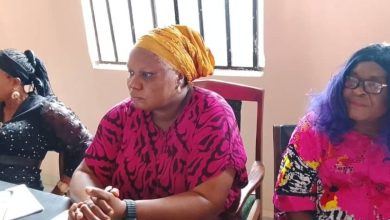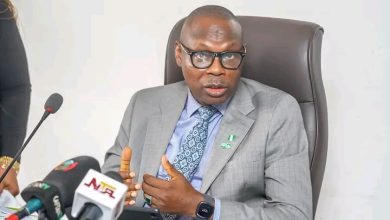Nigeria Risks Immunization Setback as Only 21% of 2024 Vaccine Funds Released
Nigeria’s immunisation drive faces major threat as funding shortfall endangers vaccine delivery and progress.
NPHCDA chief warns only 21% of 2024 vaccine budget released, risking health system setbacks.
Dr. Muyi Aina, Executive Director of the National Primary Health Care Development Agency (NPHCDA), has warned that Nigeria’s immunization program is at risk of stalling due to critical funding gaps.
Speaking on Wednesday in Abuja at the “Multi-Stakeholders’ Technical Workshop on Optimizing a Sustainable Immunization Financing Model in Nigeria 2.0”, Aina revealed that just 21% of the vaccine funds allocated for 2024 have so far been disbursed.
“We need one billion dollars over the next five years to secure vaccines for our population,” he said. “But with less than a quarter of this year’s budget released, we are at risk of reversing hard-won gains.”
Despite significant achievements including vaccinating over 14 million girls against cervical cancer, reaching three million zero-dose children, and administering 91 million vaccine doses Dr. Aina emphasized that immunization financing remains a major hurdle.
He noted that more than 10,000 cold chain units are now operational across the country, but sustaining such progress requires consistent funding and support across all tiers of government.
“Immunization is not just the responsibility of the Federal Government,” Aina said. “It is a national duty one that involves everyone from federal to state and local levels. Our children and our health system depend on it.”
Nigeria’s current immunization funding model relies on a cooperative arrangement between the Federal, state, and local governments, with the Federal Government playing the lead role, especially in co-financing vaccine procurement through the NPHCDA.
While Gavi, the Vaccine Alliance, continues to provide substantial financial support to Nigeria, the country is preparing for a future with reduced donor assistance. Dr. Aina said Nigeria is actively seeking sustainable alternatives, including specific levies, innovative financing mechanisms, and improved allocation of domestic resources.
The Abuja workshop brought together stakeholders from various parts of the health sector to chart a path toward long-term immunization financing sustainability. Discussions focused on enhancing domestic resource mobilization, improving accountability, and fostering intergovernmental collaboration.
Experts at the forum stressed that even the most effective vaccines are meaningless without the resources to deliver them to those who need them most. They agreed that sustainability must be the foundation of Nigeria’s future immunization efforts.
Building a resilient financing system, they added, would require partnerships across sectors engaging not only public institutions but also the private sector, local communities, and legal frameworks to guarantee long-term support.



